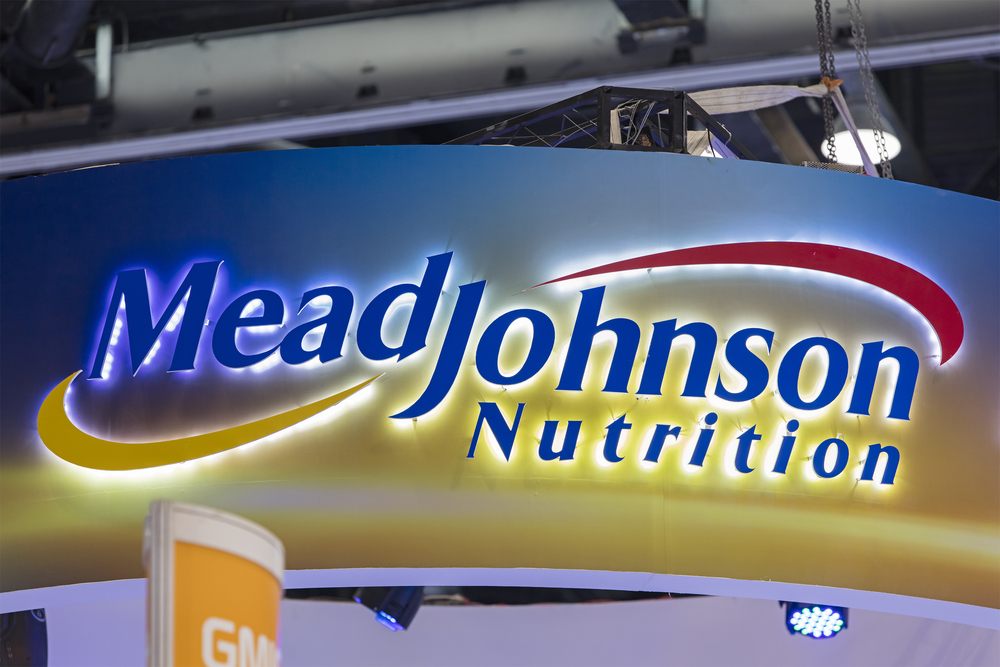An Illinois jury awarded $60 million last month to a woman whose premature baby died from necrotizing enterocolitis (NEC) after consuming baby formula. The jury found that Mead Johnson, the manufacturer of the popular formula brand Enfamil, acted negligently and failed to warn consumers about the potential risk of NEC. The gastrointestinal condition primarily affects premature newborns, and one study found that infant formula made with cow’s milk increases the risk of necrotizing enterocolitis by 138%. The disease is often fatal, even when caught early — necrotizing enterocolitis has a mortality rate of up to 40%.
Necrotizing Enterocolitis
The condition causes inflammation in the small or large intestine, leading to colon tissue dying. Once NEC develops in babies, they are at risk for intestinal perforations. These perforations can lead to sepsis, which is a leading cause of death. Some babies who survive NEC are left with lifelong complications like liver problems and short bowel syndrome. Infants who are tube-fed are also at higher risk of developing NEC, along with babies that weigh less than five-and-a-half pounds at birth. The exact cause of NEC isn’t known, but premature babies have a more challenging time fighting off infections and digesting food, which could put them at higher risk.
If a doctor suspects a baby has necrotizing enterocolitis, they’ll order tests to confirm the diagnosis. Some standard examinations include abdominal X-rays, bloodwork, and stool tests. Once the condition is confirmed, doctors will start the baby on antibiotics and IV fluids for nutrition. Early treatment dramatically improves an infant’s prognosis. If the baby develops a perforation, they’ll likely need surgery to repair the hole.
Millions of infants rely on formula for nutrition. Parents may choose formula instead of breast milk for various reasons, including a mother’s inability to produce milk herself. However, parents of premature babies may not realize that cow’s milk formula can put their children at an increased risk of developing NEC. Hospital NICUs often recommend formulas and don’t always warn parents about the potential complications they can cause.
NEC Baby Formula Lawsuits
Similac and Enfamil are the two leading brands of baby formula in the U.S., and parents of babies diagnosed with NEC have filed lawsuits against the manufacturers during the last few years. In 2022, the NEC baby formula lawsuits against Abbott Laboratories and Mead Johnson were consolidated into multidistrict litigation to streamline the process into one federal court under the same judge. Nearly 500 lawsuits have been filed.
The $60 million verdict won by Jasmine Watson, the woman who lost her baby, could motivate potential plaintiffs to come forward and file lawsuits against the formula manufacturers. The large verdict indicates that juries may side with the parents whose children had NEC, which could result in even more impressive settlements. Mead Johnson plans to appeal the verdict and said in a statement to Reuters that it believes “that the allegations from the plaintiff’s lawyers in this case were not supported by the science or experts in the medical community.”
Formula companies often tout their products as safe and as healthy as breast milk. Still, parents say that if they’d known about the risk of necrotizing enterocolitis, they would’ve opted for donor breast milk or an infant formula not made with cow’s milk. While all infant formulas sold in the U.S. must first be approved by the U.S. Food and Drug Administration, FDA-approved formulas can still increase the risk of NEC. Some of the infant formulas named in NEC baby formula lawsuits include Enfamil Human Milk Fortifier, Enfacare Powder, Enfamil NeuroPro EnfaCare Infant Formula, Similac Special Care, Similac Neosure, and Similac Human Milk Fortifier.
Finding an NEC Baby Formula Lawyer
If your baby developed necrotizing enterocolitis after being fed infant formula, you may have grounds for a lawsuit. It’s essential to consult a lawyer who handles NEC baby formula cases to determine whether you can move forward with a claim. If your lawsuit is successful, you can receive compensation for losses like past and future medical expenses and the pain and suffering you experienced.
It’s crucial that you pursue your claim as soon as possible — the statute of limitations on these claims varies by state but is typically two or three years after the injury occurred. A lawsuit won’t undo the hardships caused by your baby’s NICU stay and the health complications they may still deal with. Additionally, it may only provide some comfort to parents grieving a baby lost to NEC. But it can give you the financial help you need to recover from the trauma of a necrotizing enterocolitis diagnosis.




